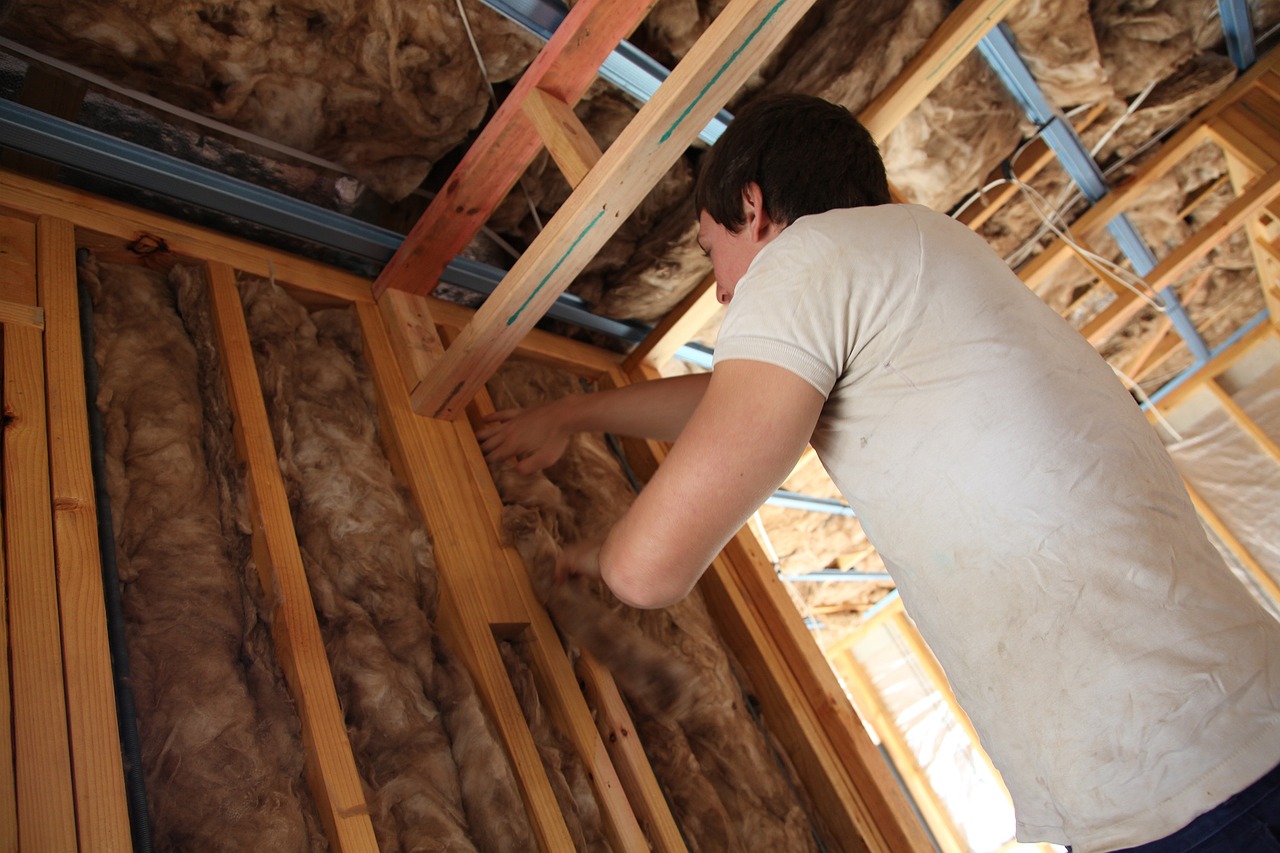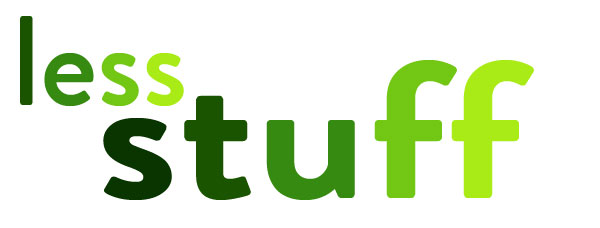
What are the Best Ways to Increase Your Home’s Energy Efficiency?
Energy efficiency is a major topic in households at the moment. Between the still-high cost of living and the continued escalation of the climate crisis, energy and how we use it has become a real source of interrogation for the average homeowner. Having an energy-efficient home is good for the environment, and better for the wallet – with respect to both short-term living costs and long-term impacts like property value. What can you do to make your home more energy efficient?
Insulation
Per pound spend and per square metre of space, insulation is definitively one of the most impactful ways in which you can address your home’s energy efficiency. A well-insulated home requires a great deal less energy to heat and to keep heated, as heat energy is trapped within the walls and heat transfer to the outside world mitigated.
But what types of insulation are available? There are a number of different forms that insulation can take, from mineral wool insulation rolls to insulation slabs; there is also cavity wall insulation, in which an insulating foam is pumped into the space between brick wythes. Insulating internal walls ensures that radiators aren’t working overtime to heat rooms beyond those in which they’re installed, while roof insulation mitigates the negative impacts of heat convection.
Heating
Of course, the heating system on which you rely could also be a major source of energy efficiency savings. Older conventional boiler systems have long been redundant, on account of their wasteful hot water tanks and inefficient gas burning. While combi boilers are much more efficient by contrast, they too have their inefficiencies.
Newer boilers continue to iterate in this regard, but new heating systems entirely are emerging with dramatic impacts for energy cost and environmental friendliness. Heat pumps that extract energy from outside air or ground sources run on electricity, making them cheaper long-term; biomass boilers are also available via government subsidy.
Appliances
Energy efficiency does not start or end with your home’s heating, though this is an unavoidably important aspect. Some thought should also be given to the appliances in your home, and how power-hungry they may or may not be. Old flat-screen TVs use a surprising amount of energy on standby, which can run up costs in the long term; if replacement isn’t possible, then a shift in user habits should be considered. Your home’s lights are also worth consideration, with incandescent bulbs much better at heating space than lighting it. New LED bulbs are much more energy efficient, being cheaper and more sustainable overall.
Renewable Energy
Finally, you might consider energy efficiency in terms of reliance on the grid. Reducing the amount of energy you take from the grid can be achieved by finding your own energy source. The most cost-effective way to do this by far is to install solar panels, which can also generate money by supplying electricity back to the grid.
